Case reports enrich medical knowledge and training, and improve practice [1-4]. However, their publication is often limited in existing journals [5]. We aim to highlight the importance of creating a platform for physician exchange to promote peer learning, case sharing, and dissemination of medical activities.
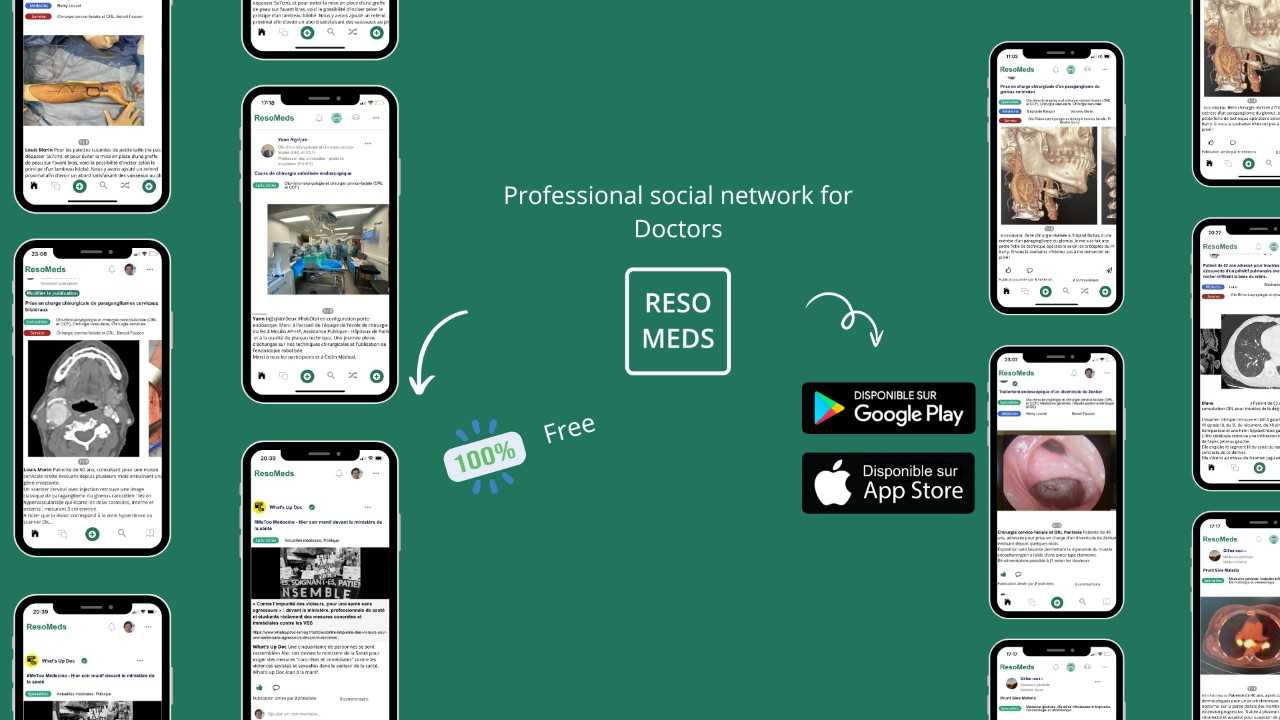
ResoMeds
Presentation of ResoMeds: professional social network only for doctors.
Clinical cases are essential in medicine, surgery, and the initial and ongoing training of physicians.
They are a valuable resource for doctors, offering numerous educational and clinical benefits. Clinical cases play a crucial role in continuous medical learning, providing concrete examples of diagnoses and therapeutic decisions, helping doctors develop essential clinical skills, and keeping them informed of various disease manifestations. They allow for the early detection of adverse effects [1,2,3], rare drug interactions, and unexpected patient complications [2,4].
Moreover, case reports promote communication between clinicians and academic researchers, stimulating clinical research. They offer initial observations that can inspire larger and more in-depth studies [2,4]. Despite their immense value, they are unfortunately often overlooked. Many clinicians regularly encounter interesting medical or surgical cases, but few share these observations, and even fewer publish them. Why? Scientific journals accept clinical cases under strict conditions: fewer than 15 similar cases described in the literature, for example; physicians must pay publication fees in open-access journals; predatory journals are multiplying [5].
Creation of a Professional Network for Doctors: ResoMeds
This is why we have created a platform for sharing clinical cases and current information reserved for doctors: ResoMeds. The network is entirely free for any physician. Each can create an account and easily publish clinical cases, photos, videos, and images to ensure no learning sources are lost. Practitioners can discuss the cases presented. In the same way as you scroll through classic social networks, here you browse through the clinical cases posted on the database.
It is crucial to remember the essential condition for publication: medical confidentiality. Everything must be done to ensure patients are unrecognizable in the images shared. If not possible, patient consent must be obtained and recorded in writing in the file.
Feel free to sign up and fight against the loss of content; you’re all welcome !
References
- Nissen T, Wynn R. The clinical case report: a review of its merits and limitations. BMC Res Notes. 2014 Apr 23;7:264. doi: 10.1186/1756-0500-7-264.
- Florek AG, Dellavalle RP. Case reports in medical education: a platform for training medical students, residents, and fellows in scientific writing and critical thinking. J Med Case Rep. 2016 Apr 6;10:86. doi: 10.1186/s13256-016-0851-5.
- Ward SP. Thalidomide and congenital abnormalities. Br Med J. 1962 Sep 8;2(5305):646-7. doi: 10.1136/bmj.2.5305.646.
- Ortega-Loubon C, Culquichicón C, Correa R. The Importance of Writing and Publishing Case Reports During Medical Training. Cureus. 2017 Dec 19;9(12). doi: 10.7759/cureus.1964.
- Rison RA, Shepphird JK, Kidd MR. How to choose the best journal for your case report. J Med Case Rep. 2017 Jul 22;11(1):198. doi: 10.1186/s13256-017-1351-y. Erratum in: J Med Case Rep. 2017 Oct 5;11(1):287. doi: 10.1186/s13256-017-1452-7.
Article written by Louis Morin, ResoMeds
You may also want to read
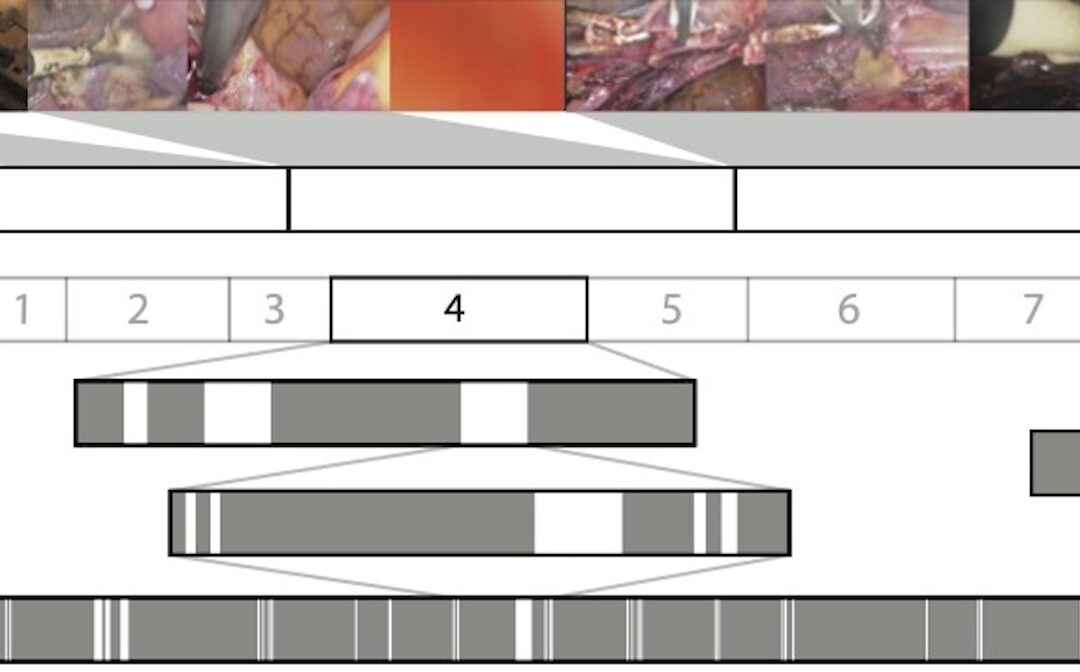
Surgical Video Summarization: Multifarious Uses, Summarization Process and Ad-Hoc Coordination
While surgical videos are valuable support material for activities around surgery, their summarization demands great amounts of time from surgeons, limiting the production of videos. Through fieldwork, we show current practices around surgical videos. First, we...
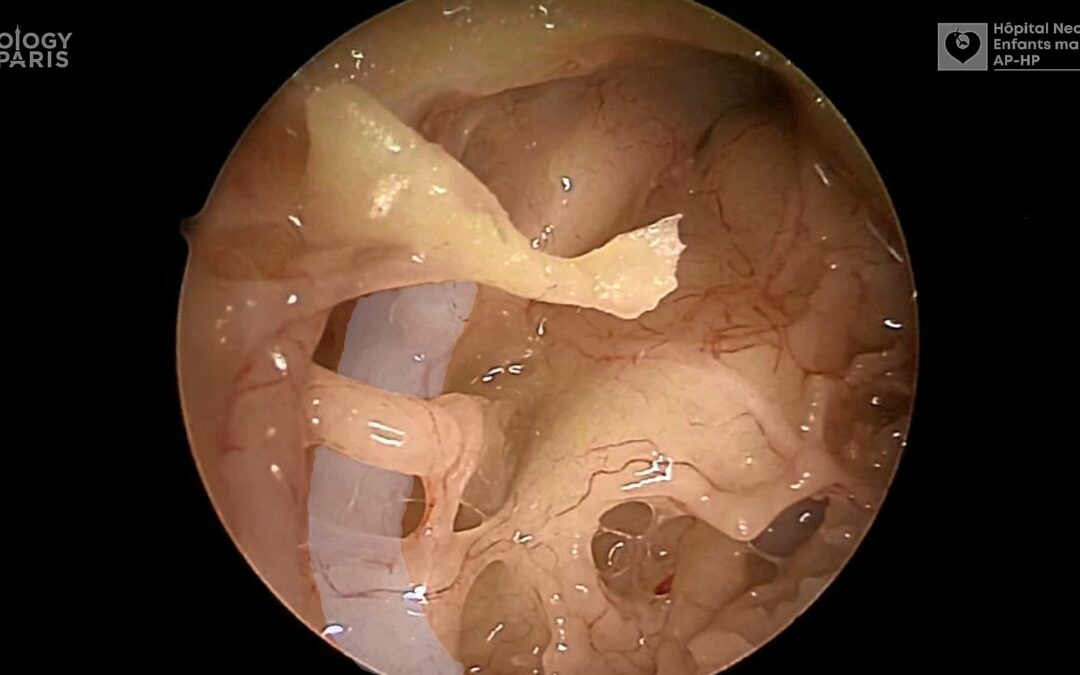
Videos improve knowledge retention of surgical anatomy
In otolaryngology, a new publication shows that an educational video improves anatomy learning and knowledge retention in the long term. This study conducted by the ENT team at Necker-Enfants Malades, APHP (Université Paris Cité) and led by Pr François Simon shows the...
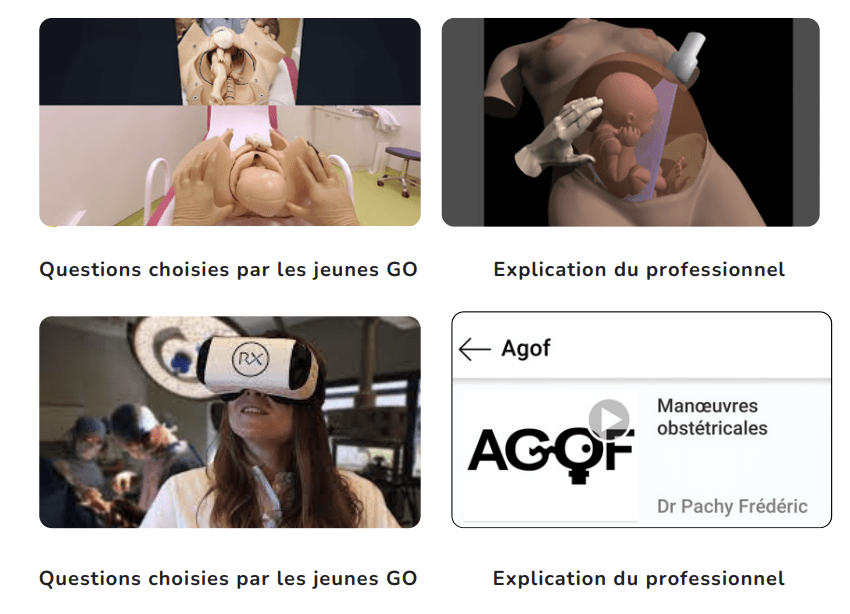
Surgical videos: using the most efficient medium. AGOF’s associative experience
In 2010, the French National Authority for Health (HAS) issued the famous slogan for apprentice surgeons: "Never perform surgery on a patient for the first time" (1). It is sometimes difficult for a young surgeon to accept that he or she has not received sufficient...
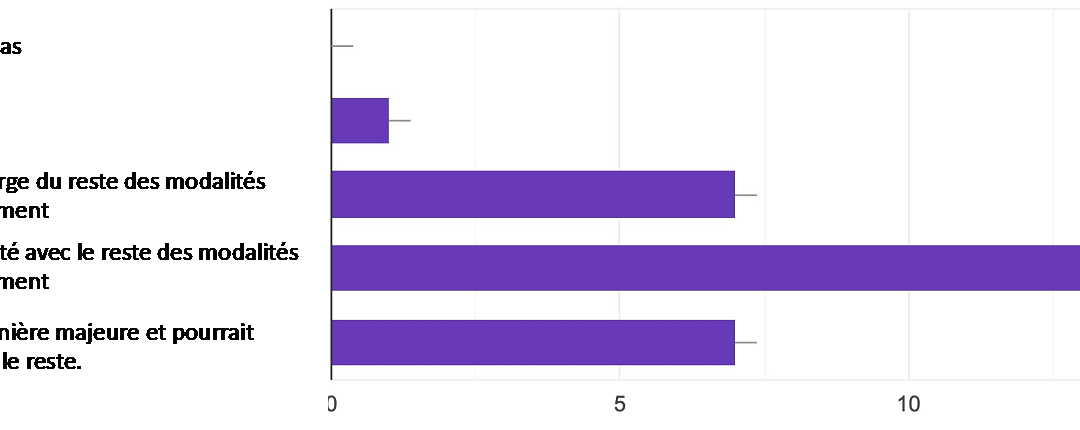
The role of educational surgical videos for gynaecology and obstetrics residents
How can we offer obstetrics and gynaecology residents high-quality surgical training at a time when the number of "simple surgeries" is decreasing due to an increase in complex recruitments in expert centres, when the time devoted to them is being reduced due to...
